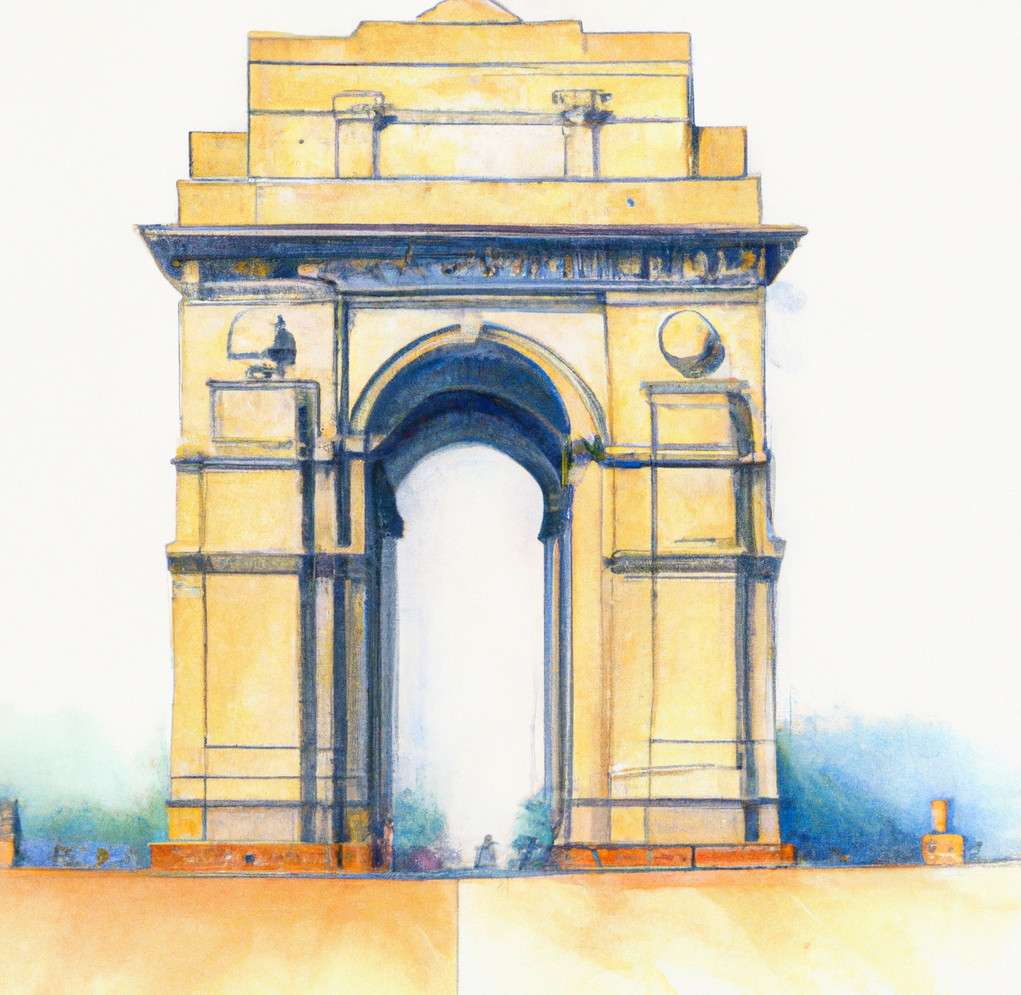When Hindi Language was Born: A Journey Through History
Hindi, the national language of India, is an integral part of the country’s rich cultural heritage. The language has evolved over centuries, with roots dating back to the 7th century. The word “Hindi” is derived from the Persian word “Hind,” which means “land of the Indus River.” The language was initially known as Hindvi, and it gradually evolved into Hindi.
The origins of the Hindi language can be traced back to the Prakrit languages that were spoken in the northern regions of India. These languages were used in various forms of literature, including dramas, poetry, and religious texts. However, the language that we know today as Hindi was not born until much later.
The development of Hindi as a distinct language began during the medieval period, around the 10th century AD. This was a time when the Rajputs were ruling over various parts of northern India, and the language of the ruling class was Sanskrit. However, the common people spoke various forms of Prakrit languages, which were a mix of Sanskrit and local dialects.
During this period, a new form of literature emerged in the form of Bhakti poetry. This poetry was written in the local languages, and it focused on devotion to God. The Bhakti movement played a significant role in the development of Hindi, as it helped to establish the language as a literary medium.
The earliest known Hindi literature dates back to the 12th century, and it was written in the Devanagari script, which is still used today to write Hindi. The language continued to evolve over the centuries, and it was heavily influenced by Persian, Arabic, and Turkish, due to the Mughal rule in India.
The British colonial rule in India also had a significant impact on the Hindi language. English was introduced as the official language of the British Raj, and it became a language of prestige. However, Hindi continued to be spoken by the masses, and it gradually became a symbol of national identity and unity.
After India gained independence in 1947, Hindi was declared as the official language of the country. The Constitution of India recognizes Hindi as the official language, along with English. Hindi is spoken by over 500 million people worldwide, making it one of the most widely spoken languages in the world.
In conclusion, the Hindi language has a rich and fascinating history. It has evolved over centuries, with roots dating back to the Prakrit languages of northern India. The Bhakti movement played a significant role in the development of Hindi as a literary language. The language was heavily influenced by Persian, Arabic, and Turkish, due to the Mughal rule in India, and by English, due to the British colonial rule. Today, Hindi is an integral part of India’s cultural heritage, and it continues to evolve and grow as a language.
